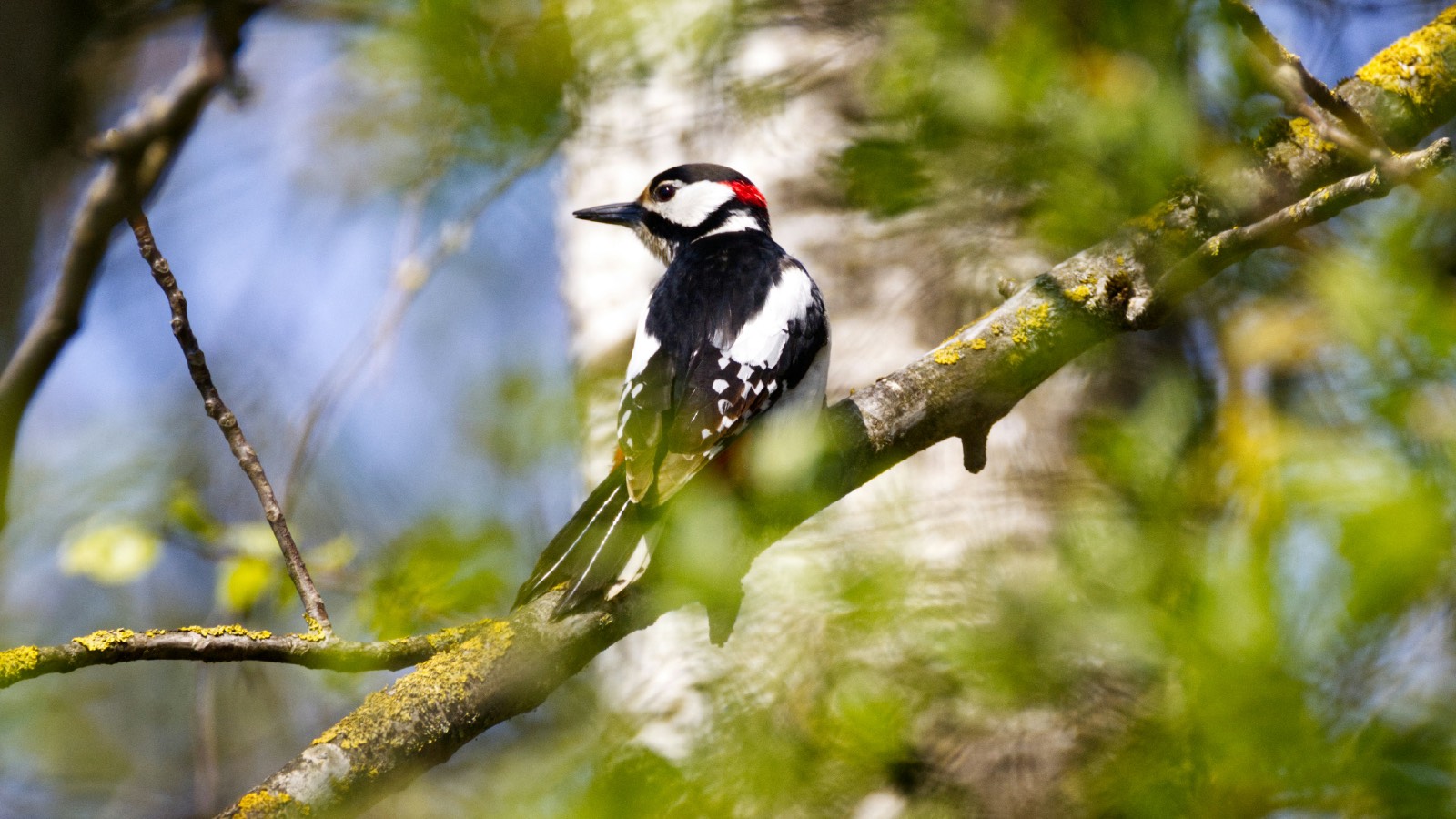
Help Make Future EXO Projects Possible
Your individual contributions will make future ground breaking projects come to life!
We are a 501 (c) 3 organization and all donations are tax-deductible to the fullest extent of the law.
About the Project
James Blachly and the Experiential Orchestra created the Rite of Spring Dance Party as a way to invite the audience to move, sweat, and dance to Stravinsky’s Rite of Spring performed live. Over the course of five performances in three cities, we found that the unmatched savage power and brilliance of the music felt revolutionary again in the Rite of Spring Dance Party; no other performance of the piece can match the energy of hundreds of people responding physically to Stravinsky’s earth-shaking score.
The idea to dance to the Rite of Spring is what inspired the name Experiential Orchestra. Inviting the audience out of their seats and into a sweaty throng of dancers felt fully immersive in a way that made us realize there was a powerful, two-way energy in this way of making music that excited the musicians and performers as much as it did the audience.
We also wrote a manifesto after the first performance, which we share here:
RITE OF SPRING DANCE PARTY MANIFESTO
Whereas: Stravinsky’s Rite of Spring is one of the most revolutionary pieces of music ever written
And whereas it was composed for (wild, revolutionary) dance, and intended in all ways to shake the audience out of their bones
And whereas it was considered impossible to play at its premiere, but is now performed widely across the world, including in conservatories and even by some youth orchestras
And that thus through frequent performances and recordings, an aesthetic of performance practice that values perfectionism of and because of the ever-growing technical skill of performers around the world, the shock of this work has been dulled
Therefore: we are starting a new revolution in music with the Rite of Spring Dance Party
We are bringing this piece back to movement, dance, encouraging, allowing, enabling, facilitating, demanding crazy emotional responses & strong visceral reactions
We are letting the audience members be their own choreographers and dancers, respond to the music however they feel it move them, because the Rite of Spring is too powerful a piece to take sitting down
We believe this piece of music should transform you in some palpable way
And because the Rite is as rich harmonically as it is rhythmically, as sophisticated as anything ever written, and as primal as anything ever experienced,
we believe that when you let the music flow through your body, and let your body react and respond to these rhythms and sounds and melodies and guttural exhortations and orgasmic ecstasy and painful rebirth and terrifying stillness, you hear the music differently because you feel the music differently.
Moreover: We believe that music should not be exclusively or primarily a synaptic activity
We believe that music is something that should vibrate our aching organs, hit us in the gut, something that can bring feelings up from the roots of our ancestors and into our limbs and backs and bellies
We celebrate that everyone hears music differently every time they listen, and that live orchestral music is the most powerful collective emotional experience humans can have with sound
And so: we are creating concerts that enable the audience to experience music, not just hear it; feel it, not only analyze it. We don’t care how you react to this music, but the Rite of Spring should have a powerful effect on everyone who hears it.
Presented By


presenting partners



Media partner

Additional support

The Julia Perry Centenary Celebration & Festival is supported, in part, by public funds from the New York City Department of Cultural Affairs in partnership with the City Council.
Permission to use this photograph of Julia Perry is granted by Talbott Music Library Special Collections and Westminster Choir College Archives (Julia Perry Collection), Rider University. Digital image, copyright 2021.
Festival Concerts

Ethel Smyth, the British suffragist, has found another advocate in the conductor James Blachly, whose recording of her last major work, “The Prison,” from 1931, exudes quality (Chandos) — an album of the year, by any measure.
READ FULL ARTICLE
















